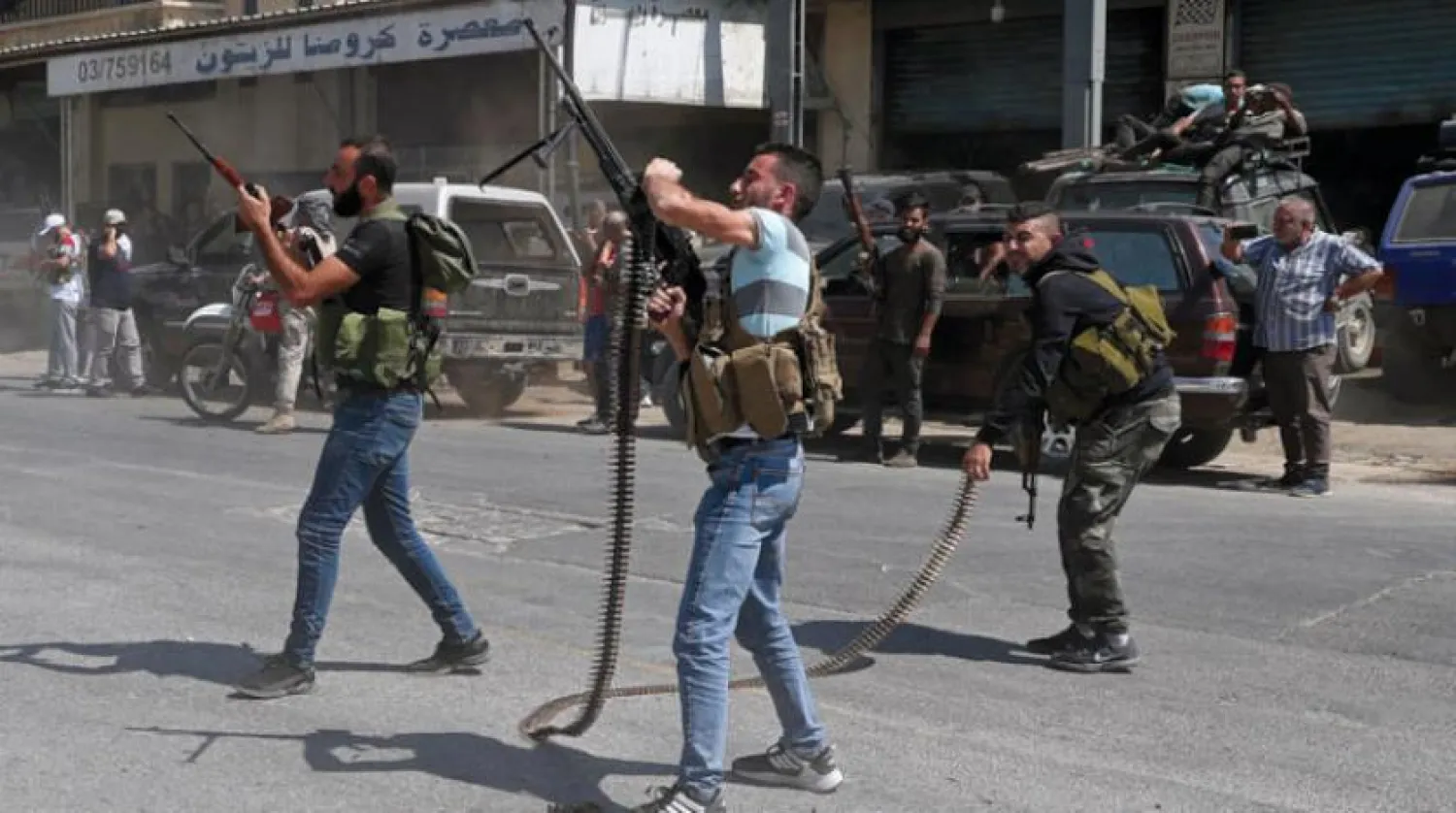The new Lebanese government is striving to avoid any blame over the recent import of Iranian fuel and its ensuing fallout.
Prime Minister Najib Mikati said last week that he was “saddened by the violation of Lebanon’s sovereignty”.
The operation was carried out by Hezbollah, Iran’s main ally, and included the import of some 4,000 tons of diesel oil (mazout) from Tehran through illegal border crossings.
The Iranian foreign ministry claimed that the shipment was sent to Lebanon through Syria at the request of Lebanese authorities.
Hezbollah’s sources on Sunday were quick to stress that the government had not made such a request.
Iranian foreign ministry spokesman Saeed Khatibzadeh said the shipment took place according to the regular purchasing process by Lebanese importers.
If the Lebanese government also wanted to purchase fuel from Iran, then it will immediately be at its disposal, he added.
Commenting on Mikati’s statements, he said: “Iran is always committed to supporting its friends and friendly governments.”
“Peace, security and stability in Lebanon are more important to us than anything and we are helping the Lebanese government to that end,” he stressed.
The shipment has sparked concern that it could harm Lebanon’s foreign relations given that Iran is under sanctions and barred from exporting its oil.
Sources from the Lebanese Forces told Asharq Al-Awsat: “Lebanon is living under the de facto circumstances imposed by Hezbollah, its weapons and role, as well as Iran’s meddling in Lebanese internal affairs.”
This has been represented through Iran’s support to and armament of the party at the expense of the Lebanese state and sovereignty, they remarked. The import of Iranian fuel violates Lebanon’s sovereignty because the process was not negotiated with the state, but rather through a political party.
Moreover, they noted that violations against Lebanon’s sovereignty increased during the term of President Michel Aoun and the cover he provided Hezbollah, and Iran by extension. This in turn has harmed Lebanon’s relations with Arab Gulf countries, with Lebanon transforming into a platform to launch verbal attacks against them.
The sources demanded that the new government take the appropriate stance in protecting Lebanon’s sovereignty and preserving its foreign relations.
They noted that the import took place when the new government was being formed and before it had earned parliament’s vote of confidence so that no cabinet can take full blame for the operation.
Founder and CEO of the Institute for Near East and Gulf Military Analysis (INEGMA), Riad Kahwaji said the “sadness” expressed by Mikati over the shipment is simply his sentiment, not the state’s official position.
“The prime minister takes decisions based on state interests and does not express feelings that mean nothing in relations between countries,” he told Asharq Al-Awsat.
“A clear decision has been taken that the state refrain from voicing a clear position from the shipment and to keep its stance vague,” he noted. “The prime minister is aware that making an official request for Iranian oil without the approval of the United States will lead to sanctions against him and the government.”
“What is important right now is how the US and France will act if Hezbollah continued to import the fuel in this manner and without a government stance,” he went on to say.
Political analyst Kassem Kassir said Mikati’s position was aimed at simply making his objection heard. This means nothing seeing as the fuel has already entered Lebanon.
In other words, Mikati is conveying a message that the government has nothing to do with what happened, he told Asharq Al-Awsat.









